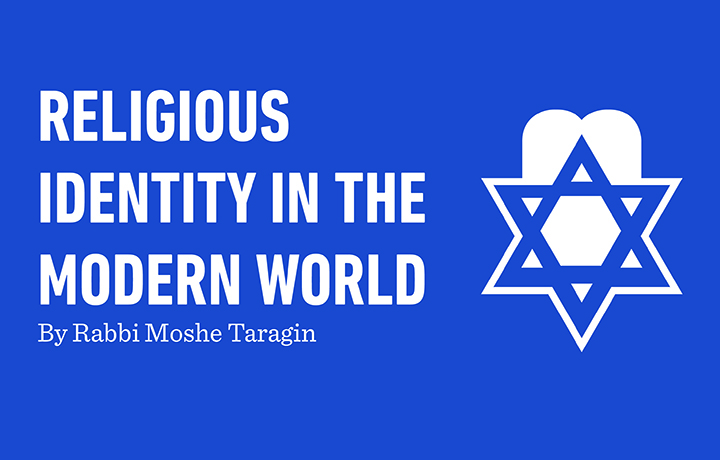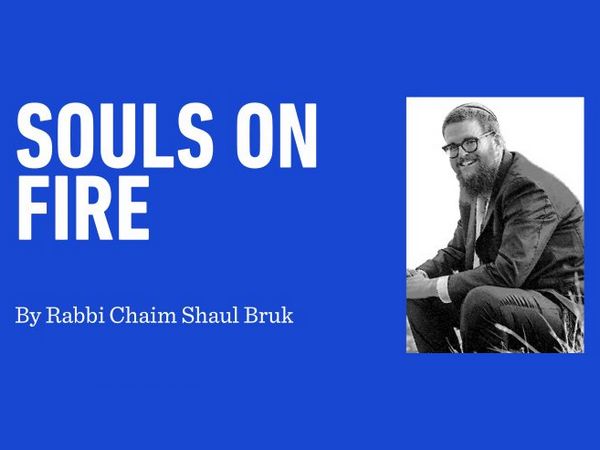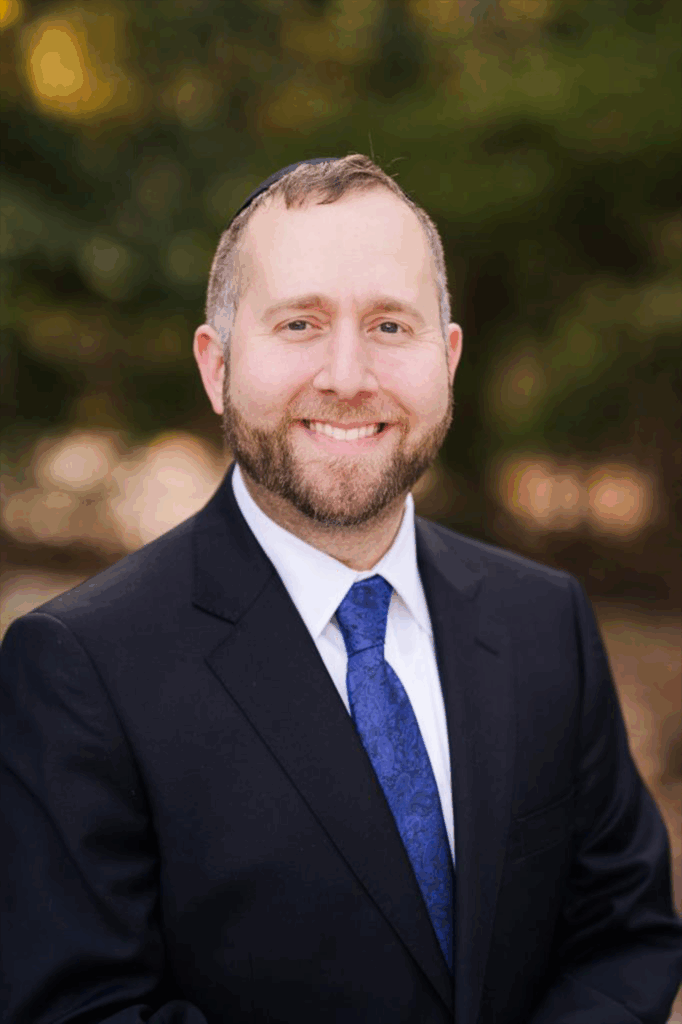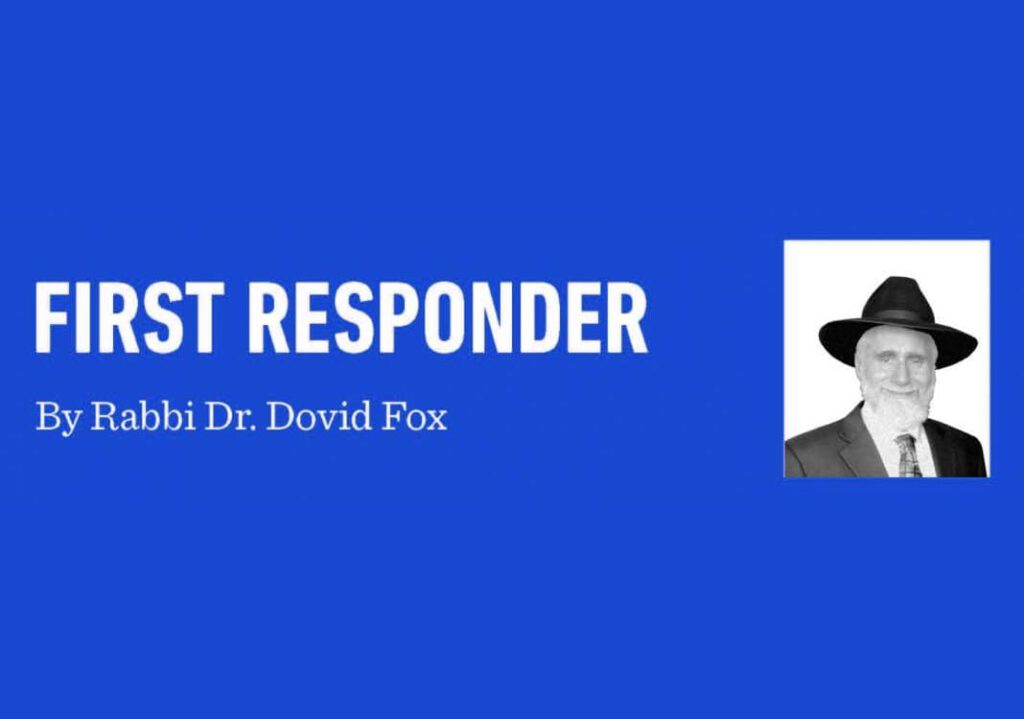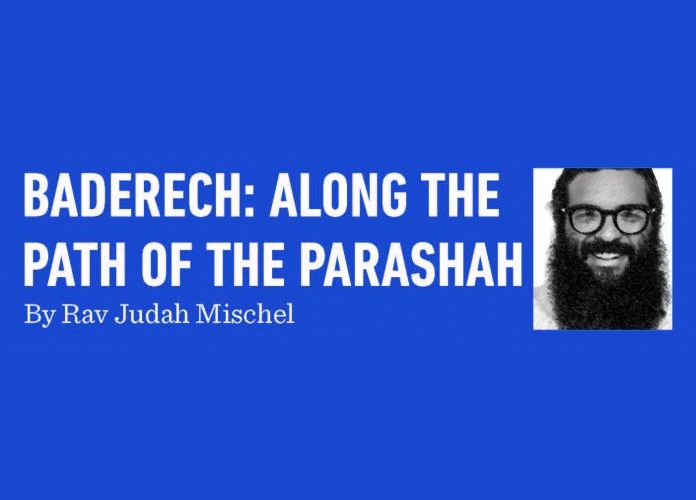Rosh Hashanah: A Return To Truth
Rosh Hashanah is the day of judgment. The fate of individuals and the destiny of empires are determined. We assemble before Hashem, weighing our behavior, pleading for mercy, yearning to be inscribed in the Book of Life.
Yet the day carries a broader theme. It’s the anniversary of Creation; the day Hashem summoned the world into being. By judging humanity, He reasserts His sovereignty over His creation. On Rosh Hashanah we not only look inward at our choices, but also look outward at history, tracing the presence of Hashem as He guides the unfolding story of His world.
History possesses both a beginning and an end. Its beginning is creation; its conclusion is redemption. When history arrives at its final chapter, Hashem’s presence will saturate all existence, and humanity in its entirety will acknowledge Him.
Each Rosh Hashanah, as we advance along the arduous path toward that destiny, we pause to reflect upon the year that has passed. Which events have magnified His presence in our world, and which have obscured it?
On this day of awe and majesty, we ask ourselves: Where do we feel His presence most acutely?
His presence is most intensely concentrated in the land He chose for His people. More than anyplace else in the world, Eretz Yisrael is where the great drama of Hashem’s presence unfolds. What transpires in Israel is not merely local or political—it is the stage upon which the presence of Hashem is most vividly displayed.
Unfortunately, the war of these past two years has clouded that Presence. The assault of October 7th, launched against His people in His land, was a chillul Hashem—a desecration of His name. Our enemies sought to weaponize Shabbat and Simchat Torah, two hallmarks of Jewish identity, turning them against us. The Arab assault was not only on flesh, blood, and Jewish cities, but also upon Hashem’s presence in His land.
Beyond the military assault on His land and His people, the war is driven by competing visions of Hashem in our world. The original standoff between the Arab world and the nascent State of Israel was not fundamentally religious. The State of Israel was not founded on Torah principles, but on the principles of secularism, as a Western-style Democracy, of which the Arabs are opposed. Decades later, the ideological basis of this conflict has become overtly religious: Islamic fundamentalism claims to act in the name of Hashem, but in their distorted Islamic wrathful and vengeful image. In so doing, the Muslims have desecrated the name of Hashem in our world, associating His middah of rachamim with death and destruction rather than with the mercy and compassion that define His true nature.
The social strife that continues to plague Israel has further obscured Hashem’s presence. Internal discord among Jews pushes His presence further from our midst. We are all His children, and when we cannot reconcile our differences, our Father feels more distant.
Recent events—the war and the consequential choices facing our people—have had a dual impact: they have sparked both religious revival and increased alienation.
The attack of October 7th and the unleashing of antisemitism have had a paradoxical effect: while they brought violence and tragedy, they also drew many hearts closer to Hashem, to religion, and to tradition. In the wake of these events, there has been a surge in people openly expressing Jewish identity and pride, as well as a renewed commitment to religious and spiritual life.
Conversely, the decision by many observant Jews not to serve in the Israeli army can lead non-religious Jews to view religion more negatively. Admittedly, those who choose to not serve often do so out of sincere belief that they are acting in accordance with Torah and the will of Hashem, thereby elevating His name. Despite their conviction, the unintended consequence is that many non-religious Israelis will potentially develop a critical view of religion, risking a weakening of their regard for faith and connection to Hashem.
However, while the measure of Hashem’s presence is most concentrated in the land of Israel and in events there, it must also be considered on a broader cultural and global scale.
As our world grows more polarized, it also grows more violent. Disputes are increasingly settled through force rather than dialogue. Stepping back, sefer Bereishit presents a broader trajectory that moves from violence toward peaceful resolution. The opening scenes are filled with death and bloodshed—a brother murders his sibling out of jealousy, and four strong-armed tyrants impose their will, persecuting the populations of five neighboring empires.
When Avraham and his family enter the scene, the tide begins to turn. Avraham literally ends a world war: a potential military clash with the monarch Avimelech is resolved peacefully through treaties and understanding. Yitzchak and Yaakov each face the threat of military confrontation, yet both episodes conclude without bloodshed. The only violent escalation occurs when the brothers respond to the abduction of Dinah, and even then, Yaakov issues a harsh rebuke.
Hashem desires that humanity resolve its conflicts without resorting to violence. Avraham’s legacy introduces this principle. Whenever humans resort to violence—whether in speech or deed—Hashem’s design is corrupted and His presence recedes. Peace draws Him near, while unnecessary violence distances Him.
Hashem’s signature is emet, truth. He embodies the only absolute in our world. Therefore, as human beings uphold truth, His signature is strengthened. Additionally, His traits are mercy and compassion; when we act with moral integrity, we amplify His presence in the world.
Currently, both truth and morality are under siege. Information overload and AI-generated content have blurred the boundaries between what is true and what is false. Facts are increasingly manipulated to serve private agendas, further blurring the line between truth and falsehood. As truth becomes muddled, morality too grows unsettled and uncertain.
Cultural relativism and political polarization have recast morality as subjective, shaped by individual attitudes. What is “right” or “wrong” now varies from person to person, with no absolute standards applying to all. We have watched in horror as murder and hatred are rationalized, justified, or dismissed. As humanity loosens its grip on truth and its clear vision of absolute right and wrong, our eyes drift ever further from Hashem.
On Rosh Hashanah, we pray that Hashem enters our world and makes His presence unmistakable—for those who strive to push Him away and for those who have yet to open their eyes to Him. n
Rabbi Moshe Taragin is a rabbi at the Hesder pre-military Yeshivat Har Etzion/Gush, having Yeshiva University ordination and an MA in English literature. His books include To Be Holy but Human: Reflections Upon My Rebbe, HaRav Yehuda Amital, available at MTaraginBooks.com.





